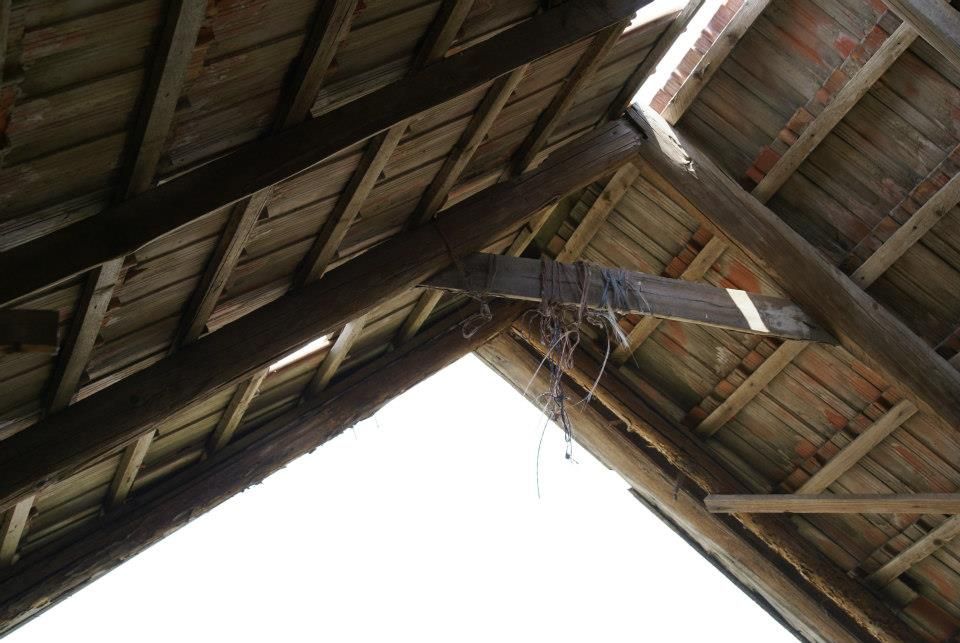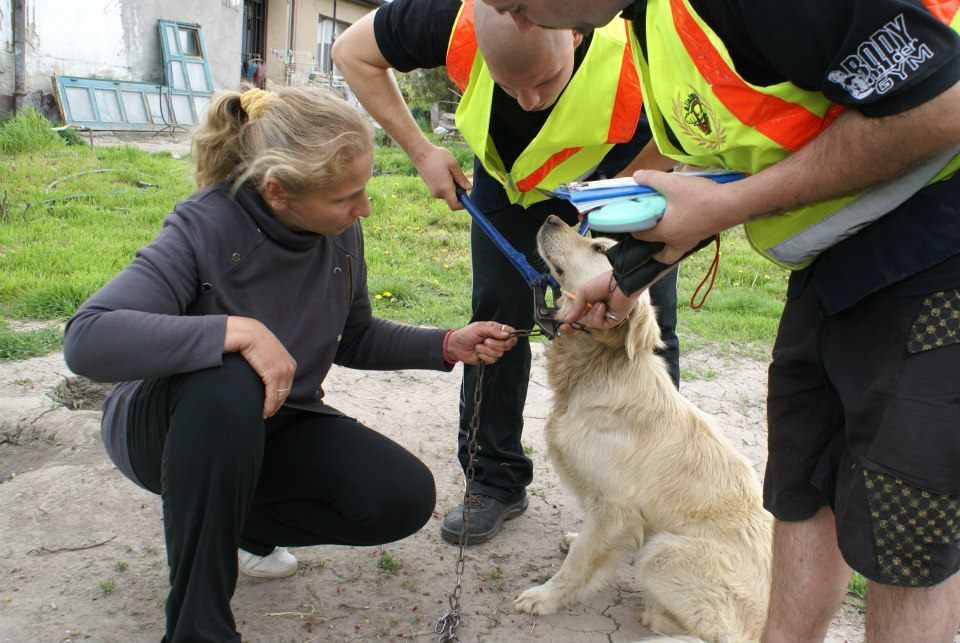This week
has been thrilling, exciting and filled with many crazy things happening all over
the place. Back in January, the so-called Állatvédőrség and the League had to
face a situation that was extraordinary – even for as experienced people as
they are in the means of pet rescue.
Prelude:
52 puppies
were found at a breeding facility, kept in bunny cages, in tiny spaces. First,
as normal procedure requests, they called a professional to the spot, in this
case a vet, who declared the situation to be animal abuse. Then, police forces
had to be summoned to begin official investigation, they took photos and a
report has been filed against the lady responsible for inappropriate pet
keeping and breeding without license and permission.
Normally,
policemen would take the dogs from the place as evidence, and they would get a
decision about where to keep the puppies from the Bureau.
They,
however, decided not to take them but to hand them over to the pet rescue
forces that were arriving with vans and cages suitable for pet transport. The
Association for Pet Rescue (Állatvédőrség) did not have the equipment needed to
transport, so the Pet Rescue League was called to the spot to help them with
carrying the pets to a safer place.
This might
already sound as an ordinary kind of pet-rescue fairytale with loads of rescued
puppies, but I can even top the idyll. The puppies were later given to brand
new owners, the whole procedure has been made legal, with papers, all dogs with
new ID chips and full license, thus making them “go legal”. After placing these
sweethearts was the time when everything started to fall out of place.
According
to the Head of Communication of Állatvédőrség, Anita Tornóczky, misinformation
caused police forces to act based on documentation that was not even properly
made. Police forces from Gödöllő actually visited the owners of two puppies
claiming that they need to take the dogs, as they were - after all – parts of an
investigation process and should be treated as evidence, like a pair of socks
or fingerprints.
But let’s
not forget that these puppies – legally now
belonged to the families they were given to, with legal papers and ID chips and
medication paid for either by the League, Állatvédőrség or the owners. Some of these families consisted of parents
with little children; one new owner was a pregnant woman in her 9th
month, and elder people. Police forces however did not hesitate to actually go
and grab the puppies , forcibly taking them out of the hands of two owners.
Then was the time when an owner, an lady called Állatvédőrség, sobbing like
mad, to tell them about what was happening.
The whole
charade began when the Pet Rescue forces started questioning the actions made
by the police – and quite right they were. The biggest issue was not the case
of the action of taking the dogs away, the pregnant mother even refused to give
the puppy away, saying she would rather get arrested than to hand over her dog,
but considering her situation, the officers decided to file a report against
her instead of taking her into custody. The main issue was the three month-old
puppy, that was not old enough to take
any kind of vaccines yet, and was anyway taken to Cegléd, to a facility,
similar to the Pet Shelter in Gyömrő. The problem is that the puppy had no
protection from the viruses or sicknesses that might come up at a facility
containing many grown dogs, and it might even kill the animal. This was, for
example one thing that inclined that the police forces, acting upon order, had
not thought about. The professionalism of the legal forces is to be questioned
from this point on. The puppy was taken there nevertheless, and it is highly
possible that if it does get an infection or some kind of disease, it might not
even be able to survive.

The reason
for policemen to take away the dogs was – reportedly – based upon the orders of
the Bureau of Pest county), but the serial number of the injunction was missing
from the papers, so this particular injunction that was on the paper might not
even existed at all. This is the conclusion after the members of Állatvédőrség
contacted the Bureau, and they said that they had no idea what was actually
happening to the dogs and upon what orders the policemen were carrying out
their morally and legally questionable actions. Citizen Law says that the
puppies already belonged to the new owners as they were in possession of legal
papers, but unfortunately Hungarian Law does not make a distinction between
living and unanimated evidence, concluding that they could even put the dogs in
bags, or anywhere anytime as they were part of an earlier and still ongoing
investigation.
The
problematic part is that the police forces were – back at the breeding spot –
given all the data needed about the dogs: the number of them, color, breeds,
gender etc.
For conclusion, make sure to come back next week - I can give a full report on how and where the case is going at the moment.








